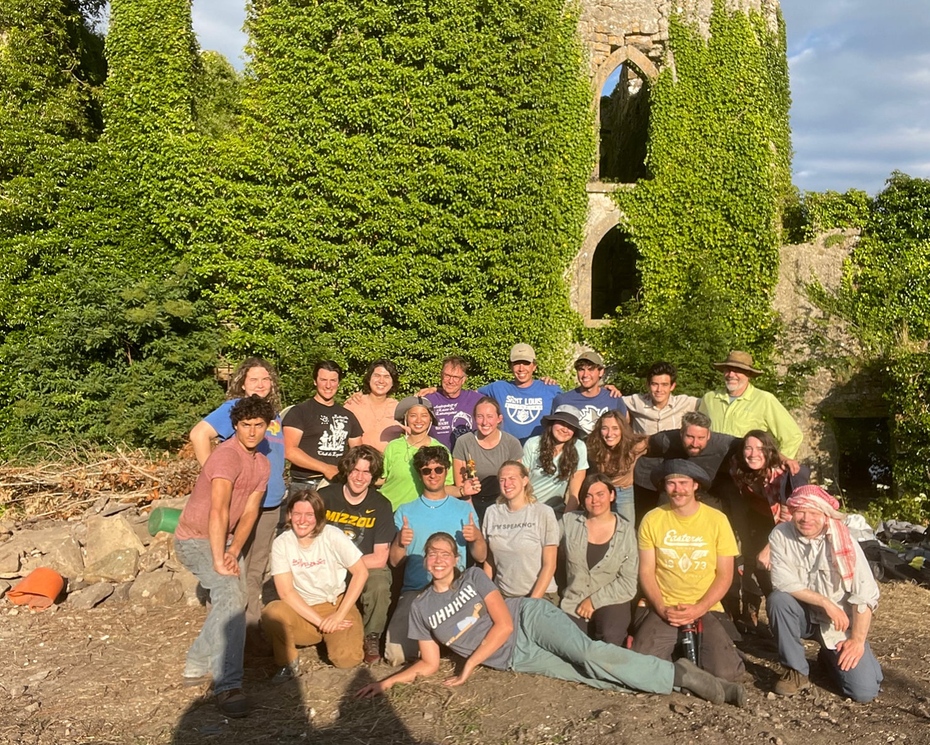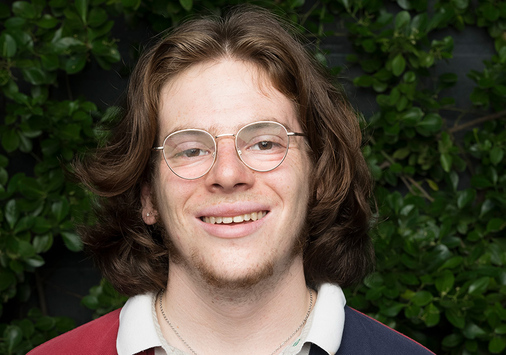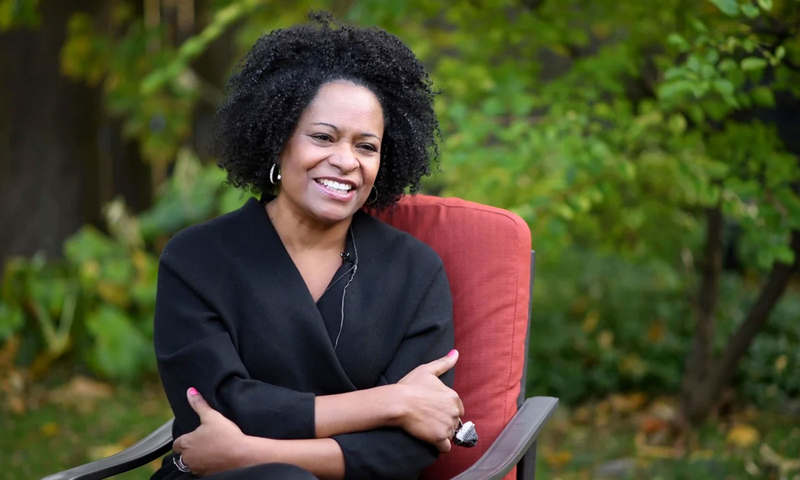About
Mission Statement
Straddling the humanities and social sciences, anthropology critically examines the complexity of human and nonhuman life across a range of field sites. Anthropologists conduct fieldwork to better understand concepts like culture, history, and power. In doing so, we make the strange familiar and the familiar strange. The anthropologists at Denison use ethnographic, archival, and archaeological research methods to understand complex phenomena in the past and present ranging from religion, semiotics, and cross-cultural healing systems to translation, human rights, and processes of “globalization.” We teach and support our students with the aim that they will be able to craft solutions for enduring and emerging problems facing humans and our planet.
The Department of Anthropology at Denison has faculty who specialize in archaeology and cultural anthropology, as well as in medical and semiotic anthropology.
Off Campus Study
Our majors and minors are encouraged to study off-campus, especially in programs that have independent research components. We strongly encourage our students to prepare in advance for off-campus study; we advise students to enroll in at least one course addressing some aspect of the region or culture in which they anticipate doing off-campus study.
The Office of Off-Campus Study assists students in locating and coordinating off-campus placement. Many, though not all, off-campus study venues allow or require students to be practicing professionals. Within the US, the Great Lakes Colleges Association programs in Philadelphia, New York and Washington, DC all require students to work virtually as full-time interns in a wide variety of arts, governmental and other professional settings. Abroad, the School for International Training — which a good number of our students attend — asks students to either do a research project in the community and/or to actively participate in development and other projects. Thus, we have had students teaching disabled students in Ecuador or working with businesses in Spain and Italy. When planning to study off-campus, we encourage students to study off-campus during their junior year. This planning is important so that students can be assured of completing all courses required for the major/minor.


